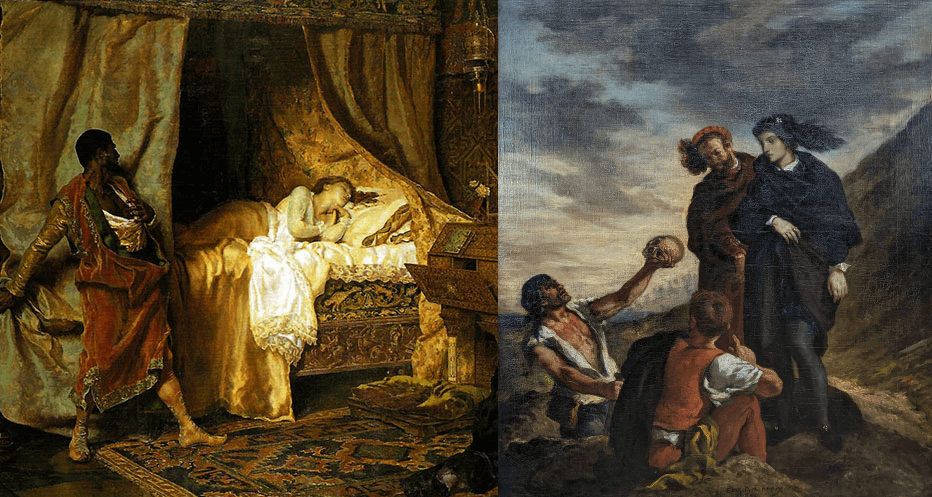The Man/Woman Thing

We were having dinner at the Mission Inn, which is one of the attractions of Riverside, the town in California where we stayed during the week of my neuropathy treatments. The Mission Inn is an architectural and decorative masterpiece, put together by a millionaire collector who had unusually fine and original taste. Its contribution to American aesthetic life lies in the intricacy of its distinctive elements. The American eye has been habituated to broad brush effects: the stark simplicity of New England Protestant churches, the assertive straight lines of geometrical modernity, the broad highways.
We are starved for intricacy.
The courtyard restaurant provided a welcome respite from the daily rigors of my treatment, and a chance for us to revive a bit. As we studied the menu, meanwhile a woman took a seat alone at a table adjacent to ours. She was African American, fortyish, with a rounded figure and, as she smilingly told the waiter, expected to be joined shortly by a friend.
Jerry and I exchanged smiles with our neighbor and went back to our menus. My choice is now limited to gluten-free and vegan so it didn’t take me long.
Evening came on, changing the colors in the sky, and still our good-humored neighbor waited to be joined by the friend she was expecting. At last, she decided to order dinner for one. By the time she and we were picking up our respective checks, we heard her say to the waiter that her dinner partner had just phoned to explain his absence. He’d been delayed at a meeting upstairs. She pointed to the balcony level.
Upstairs at the Mission Inn? (If you can believe that, as we say in Brooklyn, I’ve got a bridge I can sell you.)
“Wait!” she was talking to her friend again on her cellphone. He’d be in his car but he had a few moments, at least to exchange greetings with her, if she could meet him at the corner of Orange Street and Mission Inn Drive.
“How,” she asked the waiter, “do you get to Orange and Mission Inn from here?” The waiter wasn’t sure, but Jerry, who grew up in Riverside, was able to give her more exact directions.
As we three stood up and gathered our things before leaving for separate destinations, I was not minded to keep silent.
“It’s hard for us women to find a good man,” I said to her.
“Yes, it is,” she agreed.
“And he is not a good man. He could have called you before his meeting.”
“Yes,” she said uncertainly, as if this was a new thought. “He could have.”
“We search for a man we can marry. God makes marriages!”
As a remark coming out of the blue, it sounds like a strange thing for me to say to a stranger, but I was thinking of the rabbinic midrash where Judah ha Nasi gives this precise answer to the Roman matron who has asked him, ironically, “What has your God been doing since the creation?”
“We have to align ourselves with the way God sees us,” I added. “We have to hold ourselves at a certain height. That helps God.”
She was walking more quickly than we were, but turned and stopped to look back at me. “I will think about what you said.” Then she went on, probably to the corner of Orange and Mission Inn.
Ladies,
if you’ve never been humiliated that way in public,
kindly raise your hand.
There are elaborations and codicils on this scene in all the religions I know of, in the movies, in current feminism. Personally, I haven’t found them all that helpful.
And now, for something completely different, here’s the King James Bible, explaining the conditions under which the first couple can expect in future to live their expulsion from the Garden of Eden. The terms for the woman are spelled out as follows:
And I will put enmity between [the temptor] and the woman, and between thy seed and her seed; [the temptor] shall bruise thy head and thou shalt bruise his heel. … I will greatly multiply thy sorrow and thy conception; in sorrow thou shalt bring forth children; and thy desire shall be to thy husband, and he shall rule over thee.
If you want the terms for Adam, look it up. They’re not a lot of fun either.
What I get out of this is that relations between the sexes are going to be asymmetrical. How bad is that? It depends. A couple doing the tango can’t simultaneously do identical steps.
We can live the asymmetry abusively, stepping on each other’s feet. Or exploitatively, taking advantage of perceived vulnerabilities as we dance around each other. On the other hand, we can try not to live it abusively, not taking unfair advantage of the in-any-case-incurable man/woman asymmetry.
Of one thing I am sure. The sex differences are deep and real. They’re not reducible to social constructs. Men need protection of one kind and women should be prepared to offer it. Women need protection of a different kind and men should be prepared to offer it.
In the world of yin and yang,
the sense of honor is not irrelevant.




